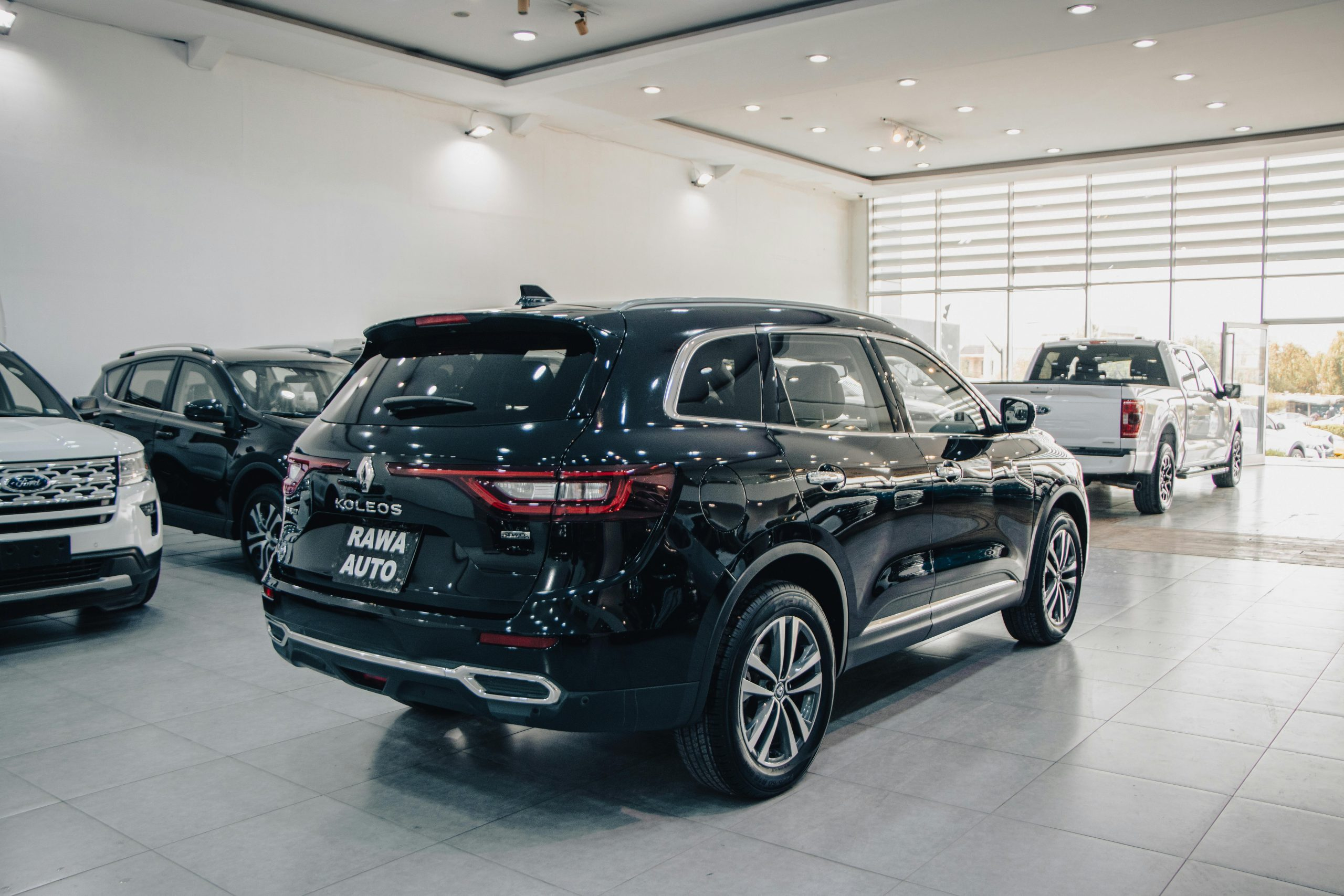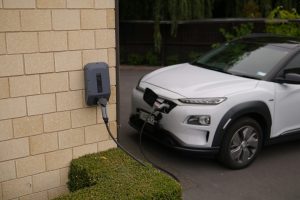The Hidden Costs of Vehicle Ownership Beyond the Purchase Price
A car is often considered a necessity in today’s fast-paced world. It provides convenience, comfort, and allows us to travel to different places with ease. However, when purchasing a car, most people only consider the upfront cost of the vehicle and overlook the hidden costs associated with owning a car. These hidden costs can quickly add up and have a significant impact on our wallets. In this article, we will be discussing the hidden costs of vehicle ownership beyond the purchase price. 
The Cost of Maintenance and Repairs
Once you purchase a car, you are responsible for its upkeep. From regular oil changes and tire rotations to major repairs and part replacements, maintaining a car can be costly. According to the American Automobile Association (AAA), the average cost of car maintenance and repairs is around $1,200 per year. This includes expenses such as routine maintenance, tires, brakes, and other mechanical repairs. And as your car gets older, the cost of maintenance and repairs will only increase.
The Rising Cost of Fuel
Aside from maintenance and repairs, one of the most significant hidden costs of owning a car is fuel expenses. With fluctuating gas prices, it can be challenging to budget for this expense. According to the U.S Energy Information Administration, the average American spends over $1,500 on gasoline every year. With the increasing demand for fuel and limited resources, the cost of gas is expected to rise in the future, making it an ongoing and significant expense for car owners.
Insurance Premiums
Insurance is a crucial factor to consider when purchasing a car. In most states, it is mandatory to have car insurance. According to the National Association of Insurance Commissioners (NAIC), the average cost of annual car insurance premiums in the United States is around $1,500. The cost of insurance depends on various factors such as your age, gender, driving history, and the type of car you own. Sports cars and luxury vehicles tend to have higher insurance rates compared to regular sedans and SUVs.
Registration and Taxes
When buying a car, most people are aware of the one-time cost of registration and taxes. However, what they might overlook is the annual or biennial cost of renewing their vehicle registration. The cost of registration and taxes varies from state to state, with some states charging more than others. This expense is often forgotten but can add up to a significant amount over the years of vehicle ownership.
Parking and Tolls
Living in a city where parking is scarce or expensive can quickly become an added cost of owning a car. Many cities and towns have street parking fees or require residents to purchase a parking permit, which can cost hundreds of dollars per year. Tolls, on the other hand, are an unavoidable expense, especially for those who commute to work on highways or bridges. These expenses may seem small, but over time they can add to the overall cost of owning a car.
Depreciation of Value
Lastly, one of the most significant hidden costs of vehicle ownership is the depreciation of value. As soon as a car is driven off the lot, it starts to lose value. According to Carfax, a vehicle can lose up to 20% of its value in the first year of ownership and an average of 65% of its value after five years. This means that if you decide to sell your car after a few years, you will not get back the amount you paid for it.
Owning a car comes with various hidden costs that need to be considered beyond the purchase price. From maintenance and repairs to insurance and depreciation, these expenses can quickly add up and make car ownership a costly affair. To avoid any financial surprises, it is essential to plan and budget for these hidden costs before purchasing a vehicle. Remember to do your research and consider all the factors before deciding on buying a car. This will help you make an informed decision and avoid any financial strain in the future.










